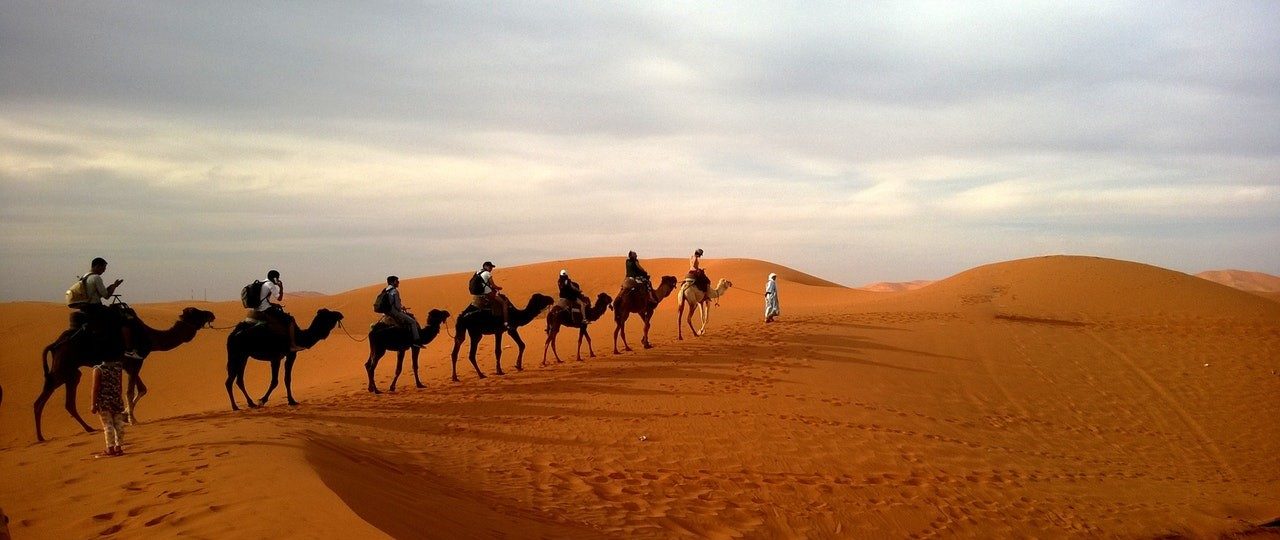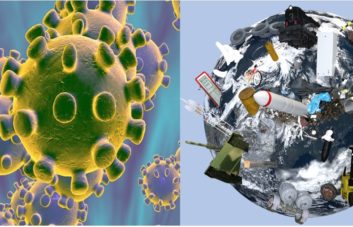“This is my way, I invite to Allah with insight, I and those who follow me. Glory be to Allah.” [Yusuf: 10:108]
Knowledge is a profession
The knowledge of science and mathematics are sought from expert practitioners and teachers in the fields of science and mathematics. The knowledge of social sciences are sought from teachers and experts in the fields of social science. The knowledge of medicine is sought from experts and medical doctors in the fields of medicine. The knowledge of information technology is sought from experts and teachers in the fields of technology. The knowledge of law is sought from lawyers and teachers in the field of law. Needless to exhaust this train of thought, it’s clear… Knowledge is a profession, and every profession has its experts. Likewise, Islamic sciences is no different, they too are sought from expert practitioners (Shuyukh) who are certified to teach them.
Transmission of knowledge at the time of the Prophet
The knowledge pertaining to the Deen of Allah is unique from non-revelatory sciences. It is not simply sought from people of knowledge, no, rather it is taken from people who know, live and are transformed by the knowledge. In the presence of such people, a portion of knowledge is learnt via one’s sense perception and another portion is transmitted from one chest to another.
If we recall the night of revelation, upon the Mountain of Light, in the cave of Hira, the Angel Jibreel came to Muhammad (ﷺ) and embraced him in an almighty squeeze, he (ﷺ) was asked to read. “I cannot read,” he (ﷺ) said. The Angel Jibreel squeezed him (ﷺ) a second time. “Read.” “I cannot read,” he (ﷺ) said. The Angel Jibreel squeezed him (ﷺ) a third time, “read”, upon which he said: “What shall I read?”
“Read in the name of your Lord Who created, created man from a clot, read and your Lord is Most Honourable, Who taught by the pen, taught man what he knew not.”[Al-Alaq: 96:1-5]
Qur’an was transmitted both orally and from chest to chest; from the chest of the most honourable being from the angelic realm to the chest of the most honourable being from the earthly realm. We notice that in the process of revelation, there is a chain of transmission. First with Allah teaching Angel Jibreel the Qur’an, then Jibreel teaching the Messenger of Allah (ﷺ), and the Messenger of Allah (ﷺ) teaching his Companions (may Allah be pleased with them).
The Messenger of Allah (ﷺ) was taught the Qur’an, lived the Qur’an and his character and entire being was the embodiment of the Qur’an. Ayesha (may Allah be pleased with her was asked about the Prophet’s character. She said:
“Verily, the character of the Messenger of Allah (ﷺ) was the Qur’an.” [Muslim]
Transmission of knowledge after the time of the Prophet
The Companions learned their Deen from keeping company (Suhba) of the Messenger of Allah (ﷺ). They attained a portion of the knowledge through Ta’lim (formal learning) setting, however, the vast majority of the knowledge was learnt from observing how he (ﷺ) lived and enacted his knowledge; in his worship, in his normative life and his dealings with people. They learnt from his Salah (prayer), Siyam (fasting), Hajj (pilgrimage) and Sadaqah (charity). They learnt from his words and his silences, his patience and his wisdom, his knowledge and his practices, his character and his conduct, his justice and his Ihsan (good dealings) and so on. The Companions were raised in the shade of the Qur’an, nurtured (Tarbiya) by keeping his company and observing his (ﷺ) practices and teachings and reformed by him (ﷺ) seeing them implementing his (ﷺ) teaching.
After the death of the beloved (ﷺ), he left behind his legacy of the Qur’an and his Sunnah imprinted upon the Companions.
The Companions carried the Qur’an in their hearts and conveyed his (ﷺ) teachings in their speech, actions and character, thereby delivering and preserving his message to the next generation. The Tabein (Followers) inherited the legacy from the Companions.
And in their Suhba with the Companions, they (Followers) were able to see and feel the light of the Prophet (ﷺ) in them (Companions). The light of the Prophetic legacy was subsequently inherited by the scholars of each generation. They continued to invite people to Allah with the inherited knowledge, practices, states and character. When people came to learn from the scholars, they found the fragrance and remnants of the Prophet (ﷺ) on them.
Abdur Rahman ibn Al-Qasim said: “I was with Imam Malik for twenty years, eighteen of them were spent in learning from him proper manners and etiquettes, and just two of those years was spent in learning from him his knowledge. I wished all of them were spent in learning from his manners and etiquettes (for the knowledge of Imam Malik can be found with others but not his character and mannerism).”
Transference of knowledge and character
In this way, our pious Shuyukh have continued the tradition of Suhba alive even until this day. By being in the Suhba of Shuyukh, you learn from their company not just the information but how to practice the knowledge, apply it, answer the questions pertaining to it, how to behave with it, and the type of reflection and transformation it should bring about in you. You are completed in your knowledge and conduct in their presence. Their companionship itself should teach you, they do not need to say much. You learn from what they say and even more so from what they do.
We can touch the hand of the Messenger of Allah (ﷺ) by shaking the hands of a Shaykh who shook the hands of his Shaykh in a successive chain of transmission tracing back to the Prophet (ﷺ) himself.
It is an honour to learn from the hands of Shuyukh whose chain of transmission returns all the way back to the Messenger of Allah (ﷺ).



